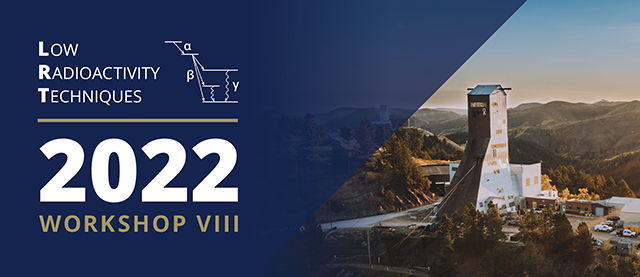Speaker
Description
Advanced Mo-based Rare process Experiment (AMoRE) is a series of experiments for the neutrinoless double beta decay of 100Mo using molybdate-based crystals, such as $^{40}$Ca$^{100}$MoO$_4$, Li$_2$$^{100}$MoO$_4$, or Na$_2$$^{100}$Mo$_2$O$_7$. AMoRE phase-II aims to reach the internal background level below 5 $\times$ $10^{-6}$ ckky (count/kg/keV/year) in ROI using ~200 kg of bolometric crystals, which means levels for radioactive contaminants thorium, uranium, and radium are supposed to be below several $\mu$Bq/kg. For such a “zero-background” experiment, preparation of the initial materials used for crystal production is crucial. Molybdenum trioxide powder enriched with Mo-100 isotope (>99.6% enrichment, JSC ECP, Russia), $^{40}$CaCO$_3$ powder depleted in $^{48}$Ca (FSUE Electrochimpribor, Russia), lithium and sodium carbonates (99.999% purity grade, off-the-shelf products) are main precursors used for the AMoRE-II crystal synthesis. This work will describe the purification, mass-production, and recycling of those precursors to perform such a high-scale experiment.

